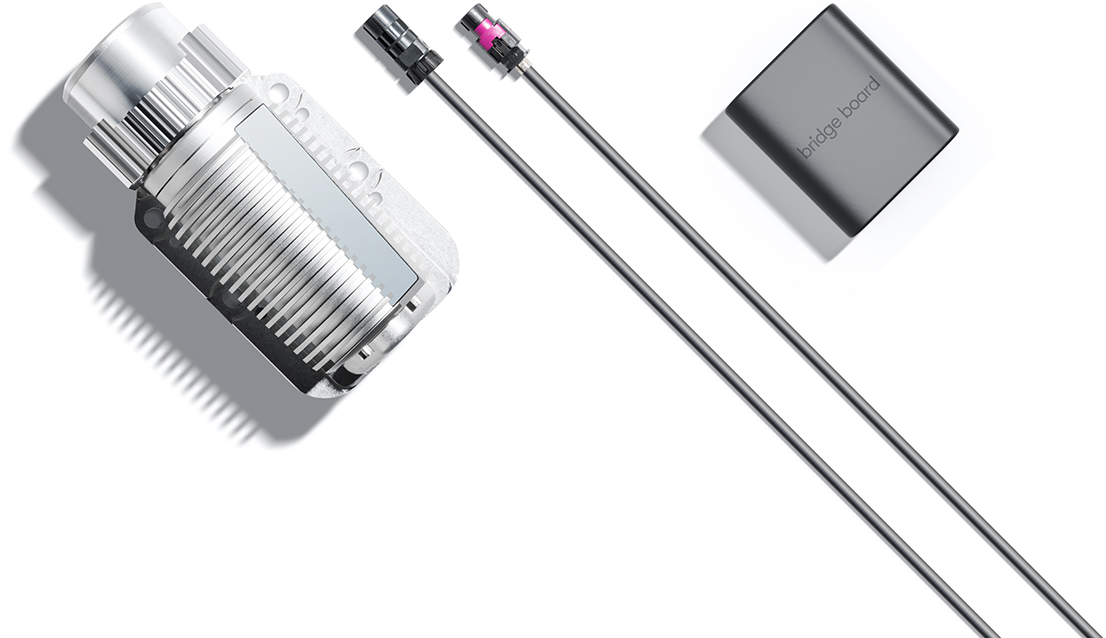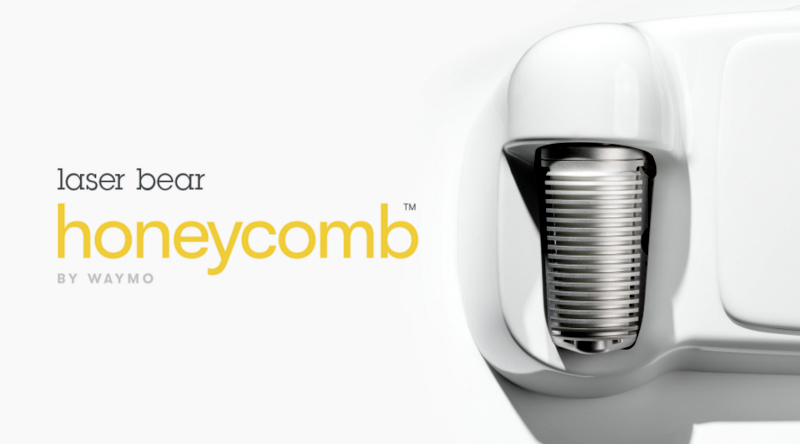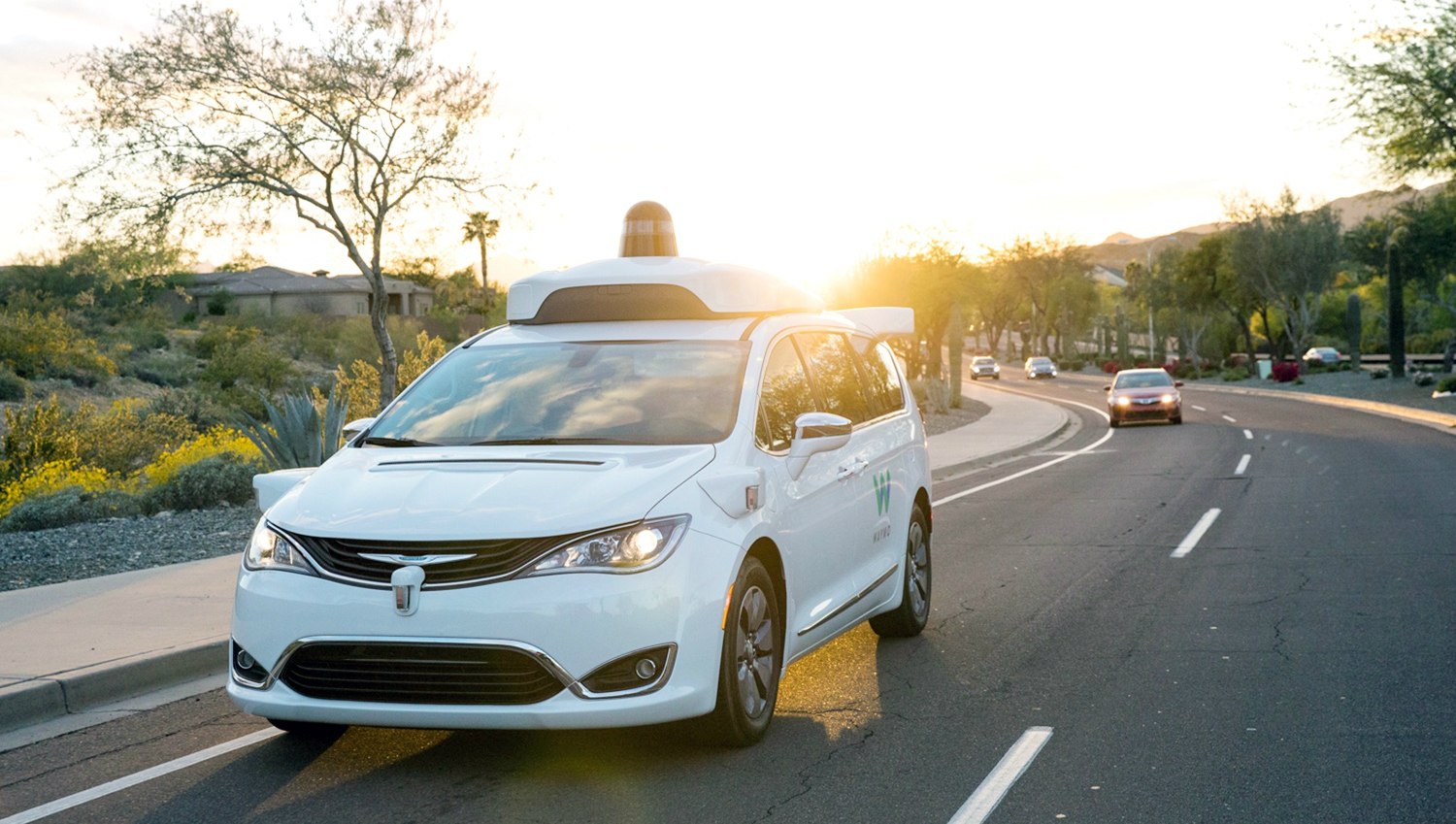If you’re in the autonomous vehicle business, pass on by. For everyone else, Waymo wants to make a deal for its Laser Bear Honeycomb lidar units.
Waymo wants to partner with companies that have non-automotive applications for what its self-described “best-in-class” perimeter sensor. Waymo calls out three Honeycomb features that make it special: A wide field of view (FOV), multiple returns per laser beam pulse, and zero minimum range.
The Laser Bear Honeycomb has a 360-degree horizontal FOV which is the maximum possible, so that is a good thing. Even better, however, according to Waymo, is the Honeycomb’s 95-degree vertical FOV. Again according to Waymo, some 3D lidar sensors have a more limited 30-degree vertical field of view. The advantage goes to Honeycomb on this one because a single Laser Bear 3D unit replaces three more limited sensors stacked vertically. Fewer pieces mean less to go wrong and easier calibration.
The Honeycomb’s laser beam doesn’t just stop and return a signal from the first object in its line of sight. Instead, the Waymo unit detects up to four objects in its sight path. Waymo gives the example of seeing the leaves and branches of a tree. The extra data from multiple returns per pulse creates a more detailed image and can help discover otherwise hidden objects.
Waymo didn’t give the following example, but one could imagine the laser picking up leaves on a shrub, the shrub’s branch structure, and a person or animal in motion just behind the shrub. Multiple returns per pulse aren’t just about prettier pictures; it could also help could help an anonymous vehicle from striking living being about to enter its path.
Minimum range of zero means the Honeycomb can detect an object immediately in front of the sensor. Close vision is crucial for near object detection and avoidance.
“Our custom lidars have been instrumental in making Waymo the first company in the world to put fully self-driving cars on public roads. Now, we are making these sensors available to companies outside of self-driving — beginning with robotics, security, agricultural technology, and more — so they can achieve their own technological breakthroughs,” Waymo’s Simon Verghese, head of the Lidar Team wrote on Medium.
When others adopt Waymo’s 3D lidar sensor, the company stands to gain more than just component sales revenue.
“Offering this lidar to partners helps spur the growth of applications outside of self-driving cars and also propels our business forward,” Verghese continued. “We can scale our autonomous technology faster, making each sensor more affordable through economies of scale.”
Editors' Recommendations
- Waymo’s self-driving cars can’t get enough of one dead-end street
- Waymo ditches the term ‘self-driving’ in apparent dig at Tesla
- Waymo to bring self-driving minivans back to Bay Area for delivering packages
- Waymo keeps autonomous driving simulations running as cars stay parked
- Former Google, Uber self-driving car exec Anthony Levandowski fined $179 million







